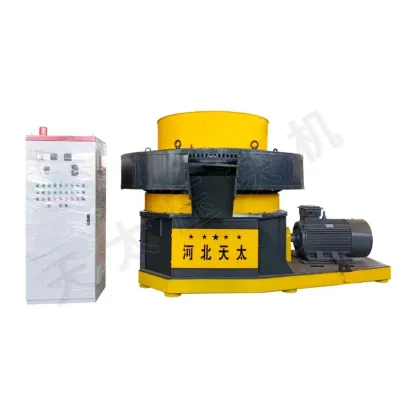Is Your Sawdust Briquette Quality Consistently High?
Why Consistent Quality Matters in Sawdust Briquettes
Ensuring high and consistent quality in sawdust briquettes is crucial for performance and customer satisfaction. According to experts, high-quality briquettes tend to burn longer, produce less smoke, and offer greater energy efficiency. For businesses, producing consistently reliable briquettes helps to build customer trust and meet demands for sustainable fuel alternatives.
Key Factors Influencing Sawdust Briquette Quality
Numerous aspects influence the quality of sawdust briquettes, ranging from material selection to the techniques used in production. Here are the most critical factors to take into account:
1. Moisture Content of Sawdust
The moisture content of sawdust is a pivotal element affecting briquette quality. The ideal moisture level should typically fall between 8% to 12%. Excess moisture can lead to compression issues, while insufficient moisture may impede proper binding. Utilizing a moisture meter allows for monitoring and adjustments of levels, ensuring each batch is produced with optimal moisture content for both strength and combustion efficiency.
2. Compression Pressure
The pressure applied during the briquette formation process significantly influences its density and durability. Adequate compression encourages sawdust particles to adhere tightly, minimizing air pockets and enhancing the briquette's energy value. Confirm that your briquette machine delivers the required force for optimal compression, yielding a dense briquette that burns effectively without crumbling.
3. Particle Size Consistency
A uniform particle size in sawdust is another crucial factor. Smaller particles pack together more efficiently, contributing to smoother and sturdier briquettes. If your sawdust mix contains larger wood chips, consider utilizing a grinder to achieve a more consistent, smaller size. This adjustment can significantly improve the briquette’s overall quality and performance during combustion.

4. Binder Quality and Usage
In certain instances, binders are added to enhance briquette stability and longevity. Natural binders such as starch or clay are often preferred. It's important to select the right binder and determine the appropriate amount to use, as an excess can diminish the calorific value of the briquettes. Experimenting with smaller quantities and monitoring the results will help you identify the best balance for production.
Maintaining Quality in Large-Scale Production
Achieving a consistent quality of briquettes in large-scale production poses challenges. Variables including raw material inconsistencies, equipment maintenance, and operator expertise can all have an effect on the final product. Here are methods to ensure uniformity across different batches:
Regular Equipment Maintenance
Conducting regular maintenance on your briquette machine is vital for optimal operation. Look for signs of wear and tear on components such as the press plate and screws. Regular lubrication and inspections can prevent mechanical failures that may threaten briquette quality.
Training for Operators
Having skilled operators who are knowledgeable about the briquetting process is essential for achieving consistent production. Providing training on optimal moisture levels, appropriate machine settings, and quality assurance techniques ensures that all briquettes meet established standards. Investing in operator training minimizes errors and boosts production efficiency.
Quality Control Checks
Incorporate quality control measures throughout every stage of production. Regular sampling from each batch is crucial to assess density, strength, and moisture content. Documenting these checks helps track patterns and enables timely adjustments, aiding in the identification and correction of issues early in the process.
Improving Briquette Quality to Meet Market Demand
As the demand for eco-friendly fuel options increases, maintaining high-quality briquettes can distinguish your business from competitors. Consumers and companies prioritize fuels that burn efficiently and cause minimal environmental impact; thus, focusing on quality can enhance market competitiveness and overall customer satisfaction. By refining each step—from material preparation to strict quality control—you can offer a dependable product that meets the expectations of even the most discerning customers.
Ensuring a consistent, high-quality output of sawdust briquettes requires careful attention to detail, routine maintenance, and thorough quality checks. By actively prioritizing these practices, you can enhance your product's reputation and gain a competitive edge in the expanding market for sustainable fuel solutions.

